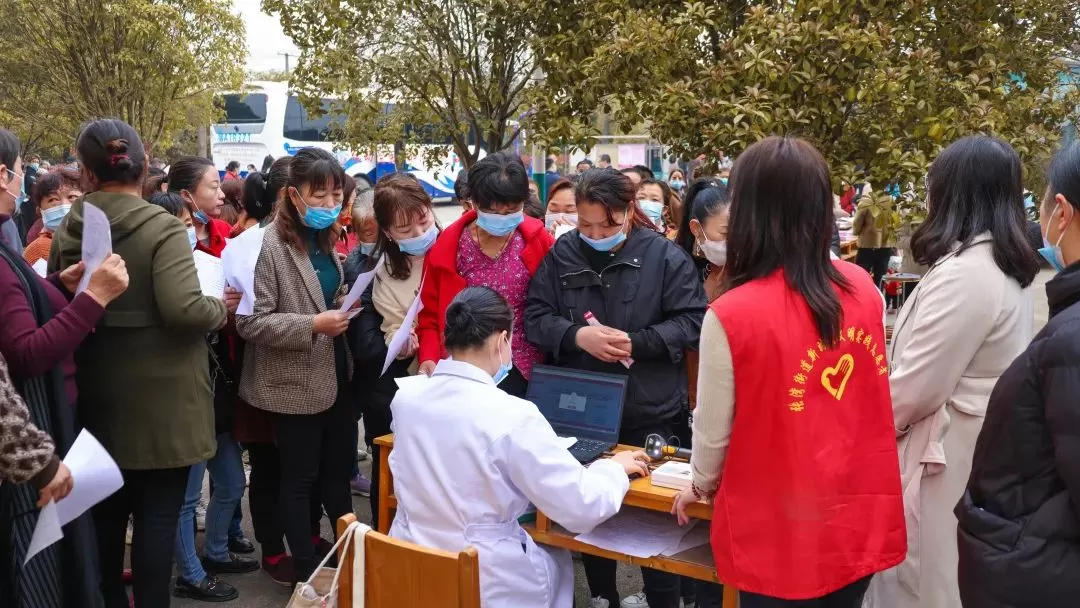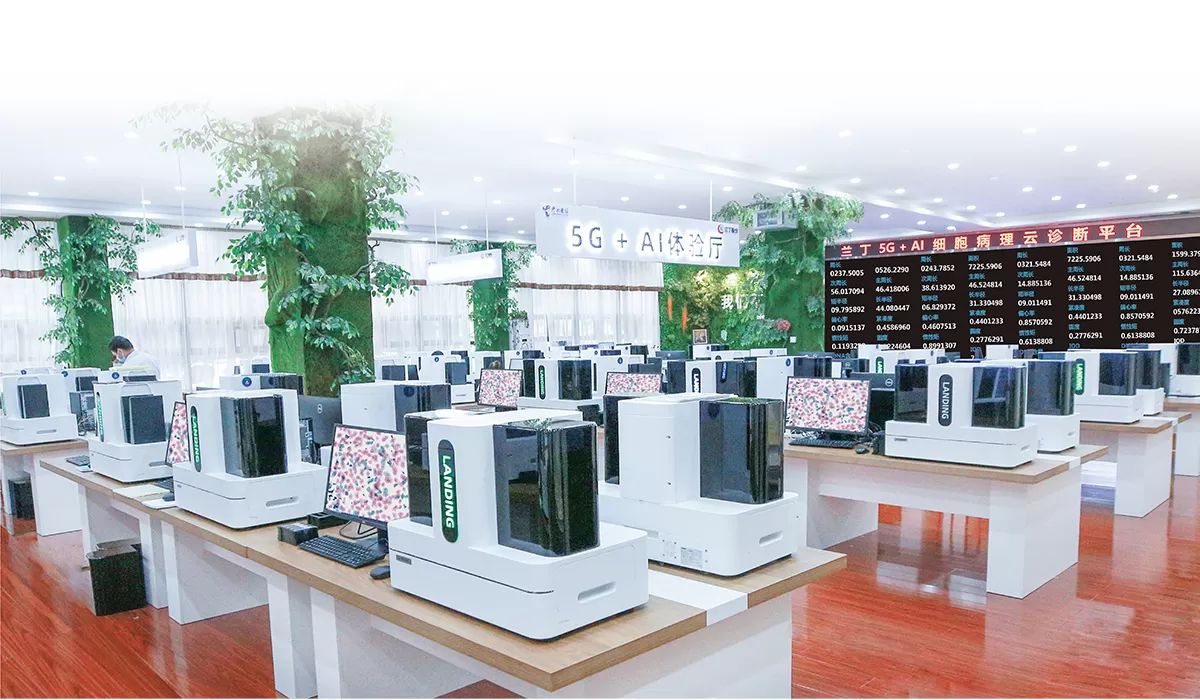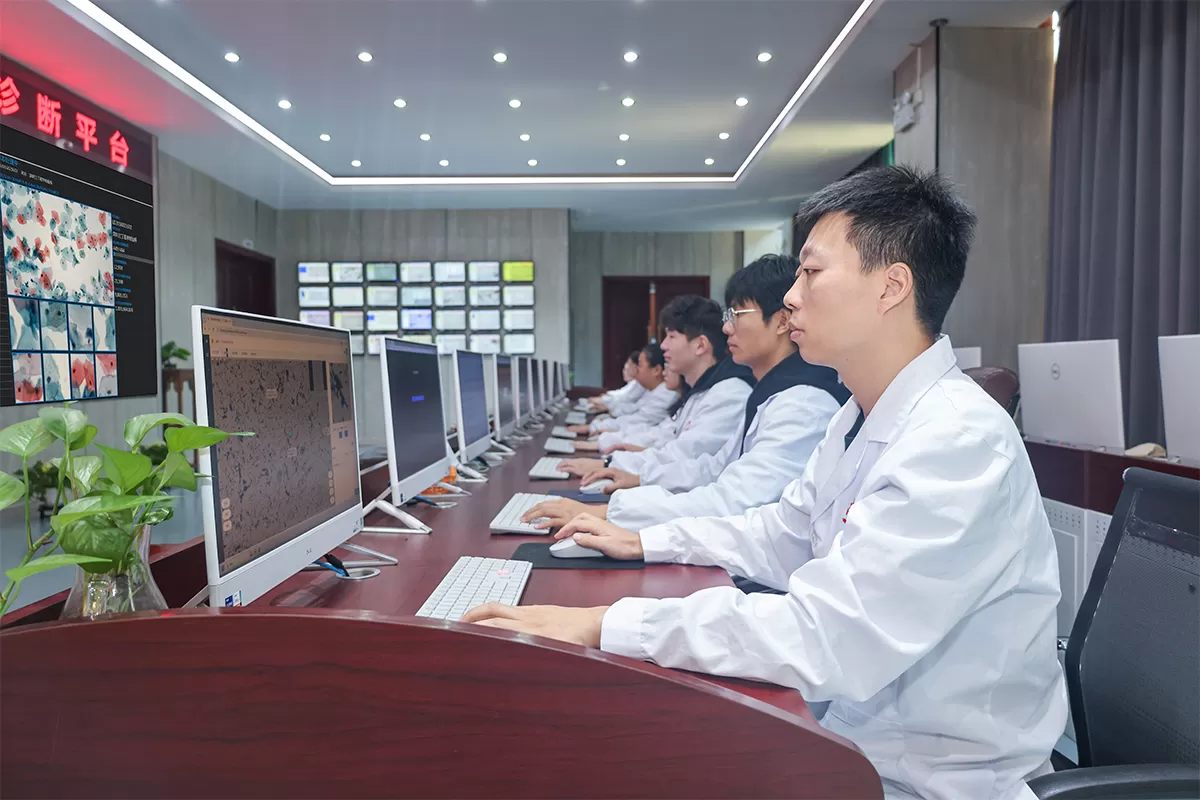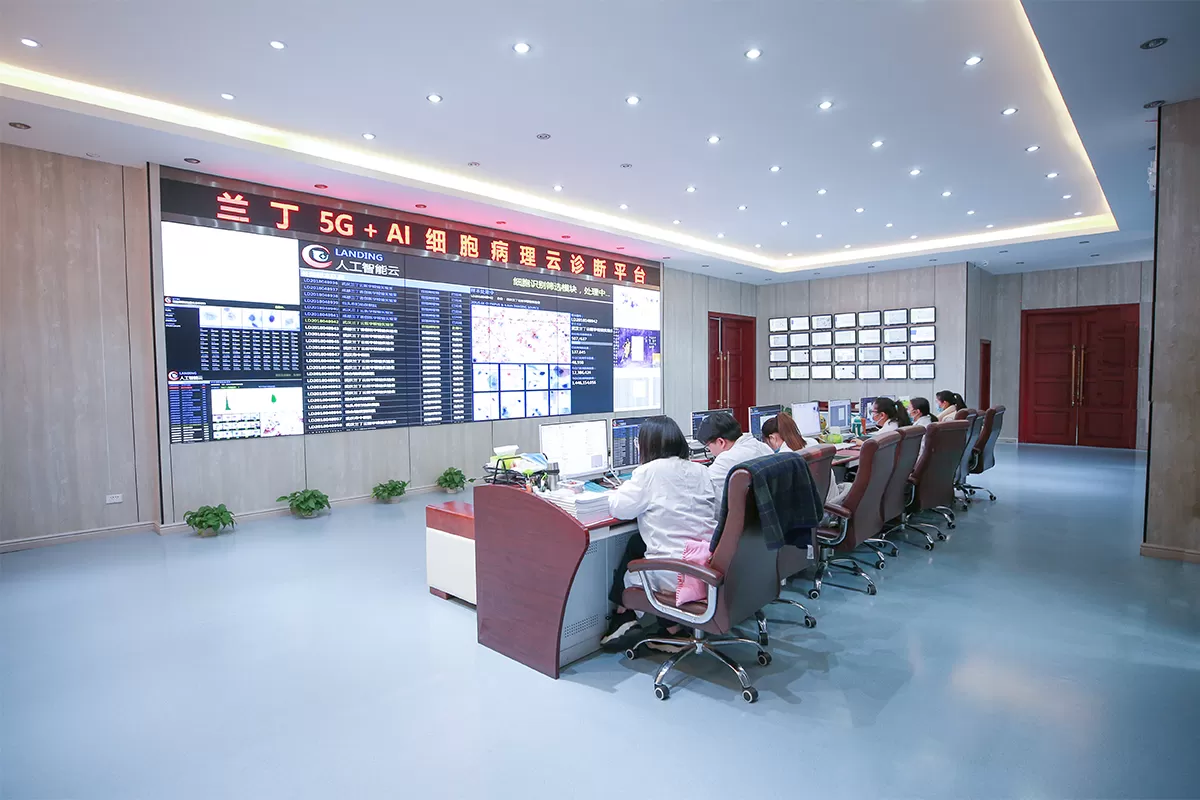In 2022, Landing Med, a leading Chinese medical technology company specializing in AI-powered diagnostics, was chosen to support Hubei Province's cervical cancer screening program. This initiative marked the world's first large-scale use of AI for a provincial public health cervical cancer screening effort, reaching 12 million women. It demonstrated AI’s transformative potential in healthcare, especially for expansive public health programs.
Cervical cancer ranks as the fourth most common cancer among women. In China, the disease is particularly prevalent in rural and less developed regions where access to regular screening and early diagnosis is limited. Traditional screening methods demand significant time, expertise, and infrastructure, posing challenges for large-scale, efficient implementation.
With over 60 million residents, Hubei Province needed an innovative, scalable, and accurate screening solution to effectively diagnose women aged 35-64, especially considering the unequal distribution of pathology resources.

Landing Med’s cutting-edge AI-assisted liquid-based cytology diagnostic cloud platform addressed these challenges by implementing a digital, standardized workflow. The AI system automates the detection of abnormal cervical cells, significantly enhancing accuracy and efficiency compared to traditional methods.
The robust AI platform, trained on more than 10 million cases, processes digital images of cervical cytology samples, identifying areas of interest with high precision. It reduces reliance on human pathologists, substantially cutting review times and increasing screening capacity. At its peak, Landing Med screened 1 million cases within 50 days, showcasing the efficiency of its centralized, digitized and AI-driven approach.

Key Features:
AI-Driven Analysis: The system uses a deep learning model trained on millions of samples, delivering rapid and consistent identification of abnormal cells.
Scalability: Whether samples are processed in a central lab or scanned at local county clinics, the system is adaptable for different scenarios, making it ideal for large-scale initiatives covering both urban and rural areas.
Accuracy and Sensitivity: Landing Med’s AI model demonstrated high sensitivity (90.1%) and specificity (94.8%) for CIN2+ classification as published on Cancer Medicine Scientific Journal in 2020.
In partnership with Hubei’s Health Commission and Women’s Federation, Landing Med deployed its AI platform across the province’s health system, aiming to screen all women aged 35-64. The program integrated the AI system with Hubei’s health data infrastructure, ensuring secure and efficient operation.
Key Steps:
1. Integration: Landing Med collaborated with over 1,200 hospitals and clinics to integrate the AI system into the provincial health data network, ensuring seamless data flow.
2. Training & Support: Clinicians were trained on sample collection, and the system issued alerts for follow-up on abnormal results.
3. Continuous Monitoring: The AI model was regularly refined with ongoing data to maintain diagnostic accuracy.

Since 2022, Hubei screened 6 million women using Landing Med’s AI technology, significantly improving cervical cancer detection and prevention efforts.
Impact Highlights:
Expanded Screening Access: Increased coverage, especially in underserved rural areas, resulting in one of China's highest screening rates.
Improved Detection: The AI system demonstrated greater sensitivity and specificity than manual screening, enabling earlier intervention.
Reduced Healthcare Provider Burden: Prevention costs are lower than late-stage cancer treatment costs, improving overall efficiency of public healthcare utilization rates and costs.
Cost-Effectiveness: The scalable AI model’s costs are reduced as screening volumes increase, realizing economies of scale.
This program showcased AI's potential in public health, emphasizing the importance of:
· Scaling AI in Public Health: AI’s diagnostic scalability and accuracy make it ideal for large-scale initiatives, especially in resource-limited regions.
· Collaboration: Close cooperation with government agencies and healthcare institutions was crucial, facilitating timely diagnosis for millions.
· Standardization: Centralized protocols maximizes efficiency and ensures accurate province-wide analysis.
Looking ahead, Landing Med plans to partner with other regions globally to deploy AI technology for early disease detection.

Landing Med’s partnership with Hubei Provincial Health Commission and the Women’s Federation is a groundbreaking example of how AI can transform public health, particularly in cervical cancer screening. Since its launch, the program has confirmed over 7,000 cases of precancerous lesions through the biopsies collected by partner government clinics, ensuring timely treatment for thousands of women. By overcoming logistical and diagnostic hurdles, Landing Med has positioned itself as a leader in AI-driven healthcare, with the potential to revolutionize screening efforts worldwide, especially in developing countries where the ratio of pathologists to population remains critically low.